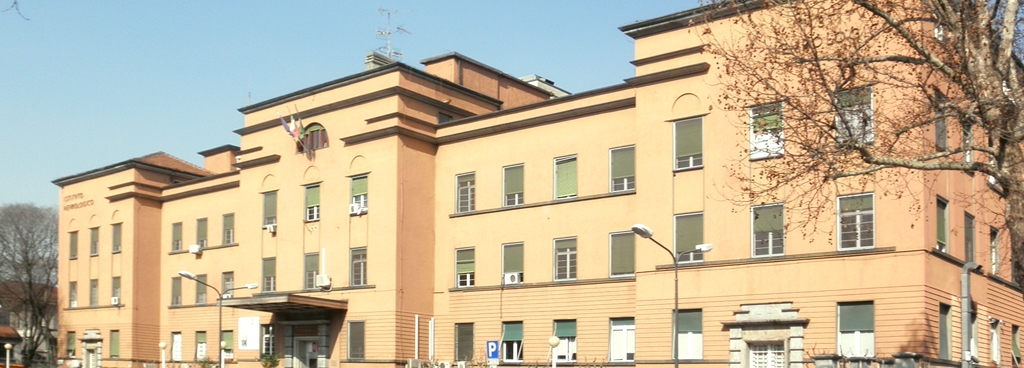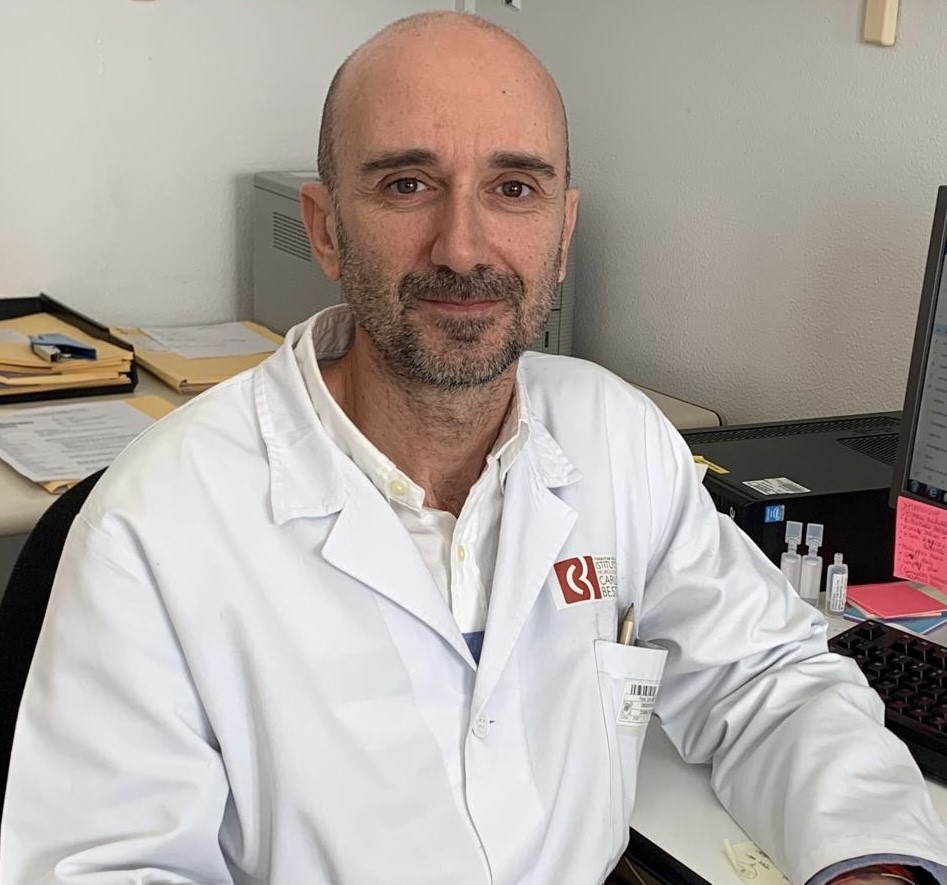
Department of Pediatric Neuroscience
Fondazione IRCCS Istituto Neurologico Carlo Besta
Via Celoria, 11 – 20133 Milan
ITALY
Lead

Dr. Stefano D’Arrigo
Tel: +39 02 2394 2210
Fax: +39 02 2394 81
email: stefano.darrigo@istituto-besta.it21
Scope
The area of expertise of the Unit, as member of the ITHACA European Reference Network (ERN), covers all syndromes exhibiting developmental anomalies and/or intellectual disability (ID). About 1/40 newborn has a congenital malformation (261/10000 fetuses and newborn following EuroCAt reports), and 1/40 has ID. Therefore, 3 to 5% of all human births show or will develop a developmental anomaly, among which at least 25-50% are of genetic or genomic origin. This huge population represents in reality the juxtaposition of a very large number of individually rare disorders showing an extreme diversity of causes and phenotypes. The jurisdiction and scope of expertise of the Istituto Neurologico Carlo Besta includes:
- over 5500 dysmorphic and multiple congenital anomalies syndromes (listed in the London Dysmorphology Database), among which over 3000 monogenic diseases, all chromosome abnormalities (most of them only detectable through array technologies), multifactorial, sporadic dysmorphological anomalies and embryofetopathies of environmental origin
- >1500 monogenic and hundreds chromosomal forms of ID with or without associated autism spectrum disorder (ASD).
Service to patients
The population of metropolitan region of Milan covered by the Institute counts about 3 million inhabitants, but it attracts Italian citizens from all across the Country.
The Center provides clinical diagnosis, genetic counseling and testing, neuropsychological evaluations and follow-up of the patients. The Institute is a 3rd level hospital for neurological diseases, therefore it offers high standards of care in its field, as well as advanced technologies and high level specialists for instrumental diagnostics (brain MRI and CT scan, EEGs and neurophysiology) and laboratory testing (metabolic and neurometabolic studies, advanced cytogenetics, NGS technology).
Organization of the Center
The Fondazione IRCCS Istituto Neurologico Carlo Besta counts 6 Managerial Departments, also organized in 8 Functional Departments based on the main fields of care and study. The Unit is part of the Managerial Department of Pediatric Neuroscience and of the Functional Department of Neurodegenerative and Rare Diseases. The Carlo Besta Neurological Institute is a University Teaching Hospital, home to several residents from different medical and surgical specializations; the ITHACA ERN Unit specifically welcomes trainees from the Child Neuropsychiatry, Medical Genetics, and Pediatrics residency programs.
The staff of the Unit dedicated to the diseases and disorders related to the ITHACA ERN is composed by:
– Dr. Stefano D’Arrigo (Child Neurologist) – Lead of the ITHACA ERN for the Center
– Dr. Chiara Pantaleoni (Child Neurologist) – Sub Representative of the ITHACA ERN for the Center, Head of the team
– Dr. Claudia Ciaccio (Clinical Geneticist)
– Dr. Sara Bulgheroni (Neuropsychologist)
The Unit collects patients affected from a large variety of neurodevelopmental disturbs, complex disabilities, and syndromic phenotypes with neurological involvement.
Five are the main areas of expertise:
1. Developmental Delay (DD) and Intellectual Disability (ID), both simple than associated with other developmental and/or malformative issue (see area 3);
2. Autism Spectrum Disorder, with or without cognitive impairment. This include specific research programs aimed to unravel the genetic basis of autism, improve the neuropsychological and etiological diagnosis and understand the possible role of phenotype modifiers (e.g. with microbiome analysis);
3. Genetic Syndromes with developmental disorders and/or neurological involvement. This area includes relatively common disorders (e.g. Fragile X Syndrome, chromosomal rearrangements) and ultra-rare disorders. Several research programs are active in such area, predominantly addressing Angelman and Angelman-like Syndromes and Smith-Magenis/Potocki-Lupski Syndromes;
4. Pediatric Ataxias, congenital-malformative diseases and, in lesser extent, neurodegenerative ataxias. Research programs in this area include studies on Joubert Syndrome and investigations on the peculiar neuronal circuits of such conditions (Virtual Brain Project);
5. Cerebral Malformations, covering megalencephaly syndromes, cerebellar malformations, pontocerebellar hypoplasias, tubulinopathies, corpus callosum anomalies and other miscellaneous or mixed abnormalities.
The high standard of care is guaranteed thanks to the constant multidisciplinary approach of the Center. Beyond the professional figures member of the staff, periodic meetings on neuroradiology, neurosurgery, neurogenetics, epilepsy, and neuroncology are carried out, in order to assure the implemented care of the patients.
